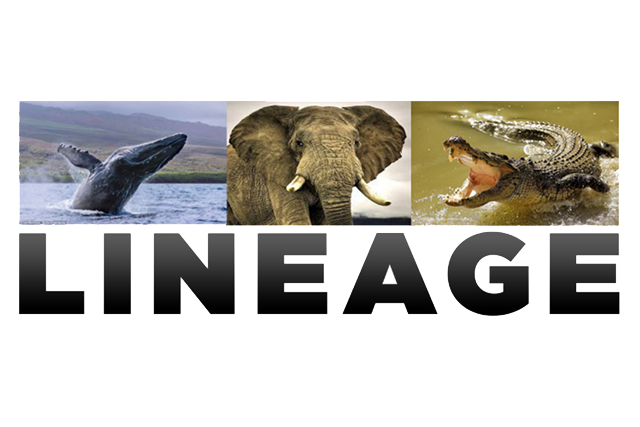
Lineage
The Lineage project has helped to improve how we understand lifelong learning through a comprehensive educational media and outreach initiative that engages individuals and families in learning about deep time, paleontology and evolutionary thinking, to help them come to newfound understandings of the connections between the past, present, and future of life on Earth. This National Science Foundation-funded project is a partnership between Twin Cities PBS, the Smithsonian Institution’s National Museum of Natural History, Schell Games, the Institute for Learning Innovation, and Rockman et al. As part of this project, the Institute conducted a research study that investigated how three different formats of intergenerational learning experience: (1) a hands-on collaborative activity; (2) a virtual reality (VR) collaborative activity; and, (3) a film (serving as a comparison), supported opportunities for children and their caregivers to engage together with these science concepts, and the science practices used by paleontologists.
Findings revealed that families across the experiences were engaged and learned about paleontology concepts, general scientific practices and specific paleontological practices, but the learning manifested differently depending upon the format of the learning experience and there were differences in what aspects of the content were later recalled. Across the hands-on and VR experiences, some of these differences depended upon the adult’s prior knowledge, their facilitation skills, and use of inquiry skills, in addition to the child’s prior knowledge. Further, specifically, comparing the hands-on and VR experiences, the structure of these activities had an impact on family interaction and the resulting short- and long-term takeaways.
This research contributes new insights into the learning affordances of hands-on and VR technology during family interactions, specifically, how hands-on experiences and VR-supported collaboration can change or support adult/child learning through conversations that encourage family participation in scientific practices.
Article Citation:
Siegel, D., & Dierking, L. (2022). Designing Exhibitions That Engage Children by Optimizing Family Interaction. Exhibition, 41(1), 94–103.
Project Team: Debbie Siegel Ph.D., Lynn Dierking Ph.D.,
